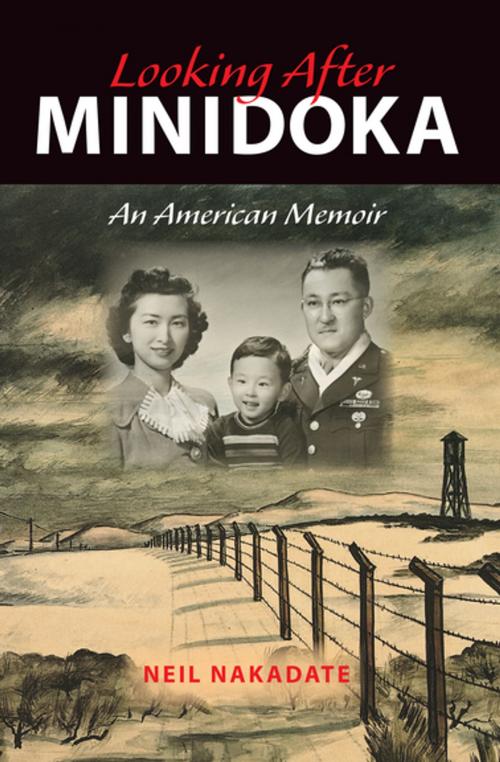Looking After Minidoka
An American Memoir
Nonfiction, History, Military, World War II, Americas, United States, 20th Century, Biography & Memoir| Author: | Neil Nakadate | ISBN: | 9780253011114 |
| Publisher: | Indiana University Press | Publication: | October 1, 2013 |
| Imprint: | Indiana University Press | Language: | English |
| Author: | Neil Nakadate |
| ISBN: | 9780253011114 |
| Publisher: | Indiana University Press |
| Publication: | October 1, 2013 |
| Imprint: | Indiana University Press |
| Language: | English |
A “clear-eyed, carefully researched but nonetheless passionate book” that is “rich with the closely observed details of internment camp life” (Lauren Kessler, author of Stubborn Twig: Three Generations in the Life of a Japanese American Family).
During World War II, 110,000 Japanese Americans were removed from their homes and incarcerated by the US government. In Looking After Minidoka, the “internment camp” years become a prism for understanding three generations of Japanese-American life, from immigration to the end of the twentieth century. Nakadate blends history, poetry, rescued memory, and family stories in an American narrative of hope and disappointment, language and education, employment and social standing, prejudice and pain, communal values and personal dreams.
“Poetic yet sharply honest, the family story unfolds within the larger context of the national saga. You’ll wince but read it anyway. Your soul will be better for it.” —Nuvo
“This book is highly readable and contains fascinating details not usually covered in other books on Japanese-American history.” —Oregon Historical Quarterly
A “clear-eyed, carefully researched but nonetheless passionate book” that is “rich with the closely observed details of internment camp life” (Lauren Kessler, author of Stubborn Twig: Three Generations in the Life of a Japanese American Family).
During World War II, 110,000 Japanese Americans were removed from their homes and incarcerated by the US government. In Looking After Minidoka, the “internment camp” years become a prism for understanding three generations of Japanese-American life, from immigration to the end of the twentieth century. Nakadate blends history, poetry, rescued memory, and family stories in an American narrative of hope and disappointment, language and education, employment and social standing, prejudice and pain, communal values and personal dreams.
“Poetic yet sharply honest, the family story unfolds within the larger context of the national saga. You’ll wince but read it anyway. Your soul will be better for it.” —Nuvo
“This book is highly readable and contains fascinating details not usually covered in other books on Japanese-American history.” —Oregon Historical Quarterly















